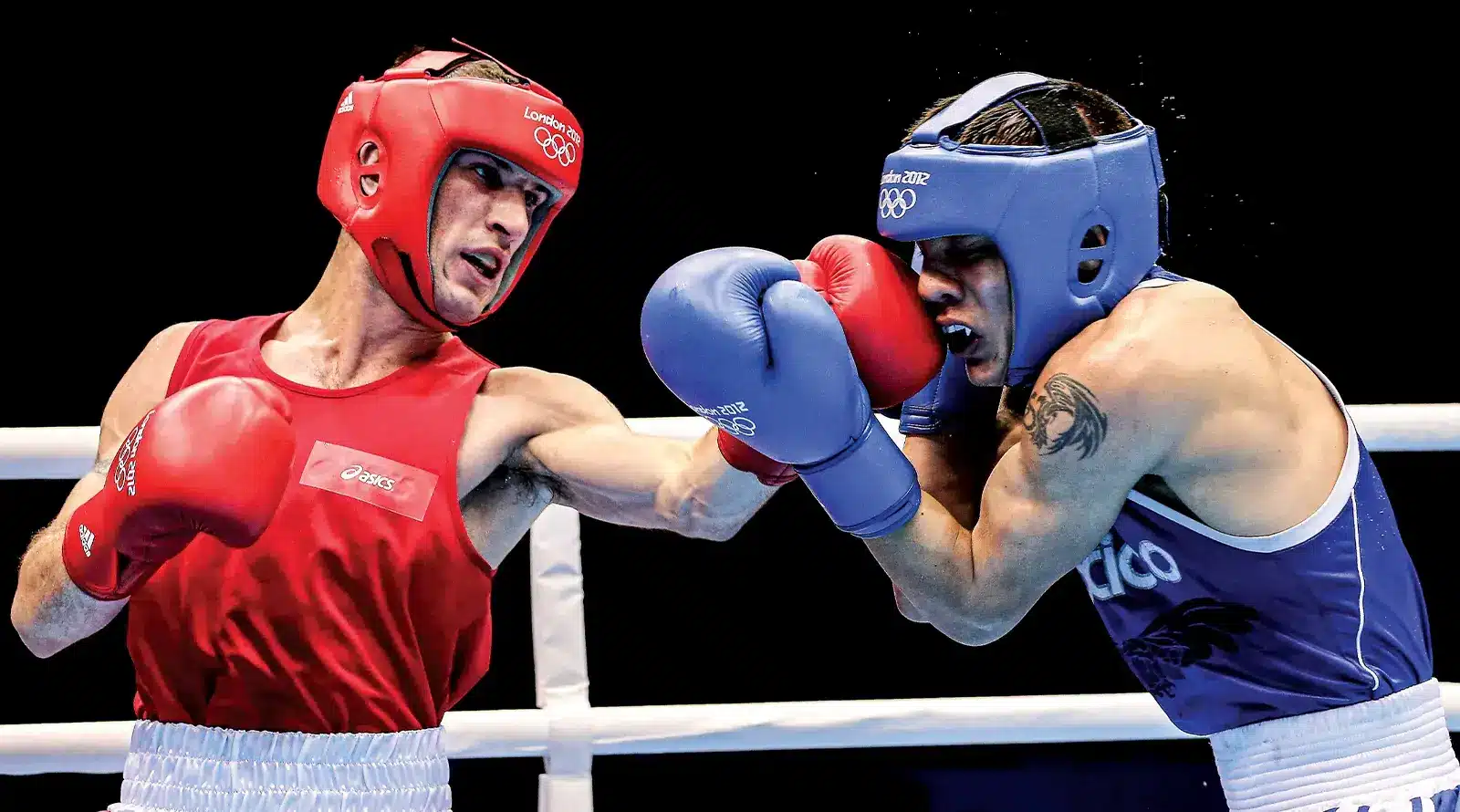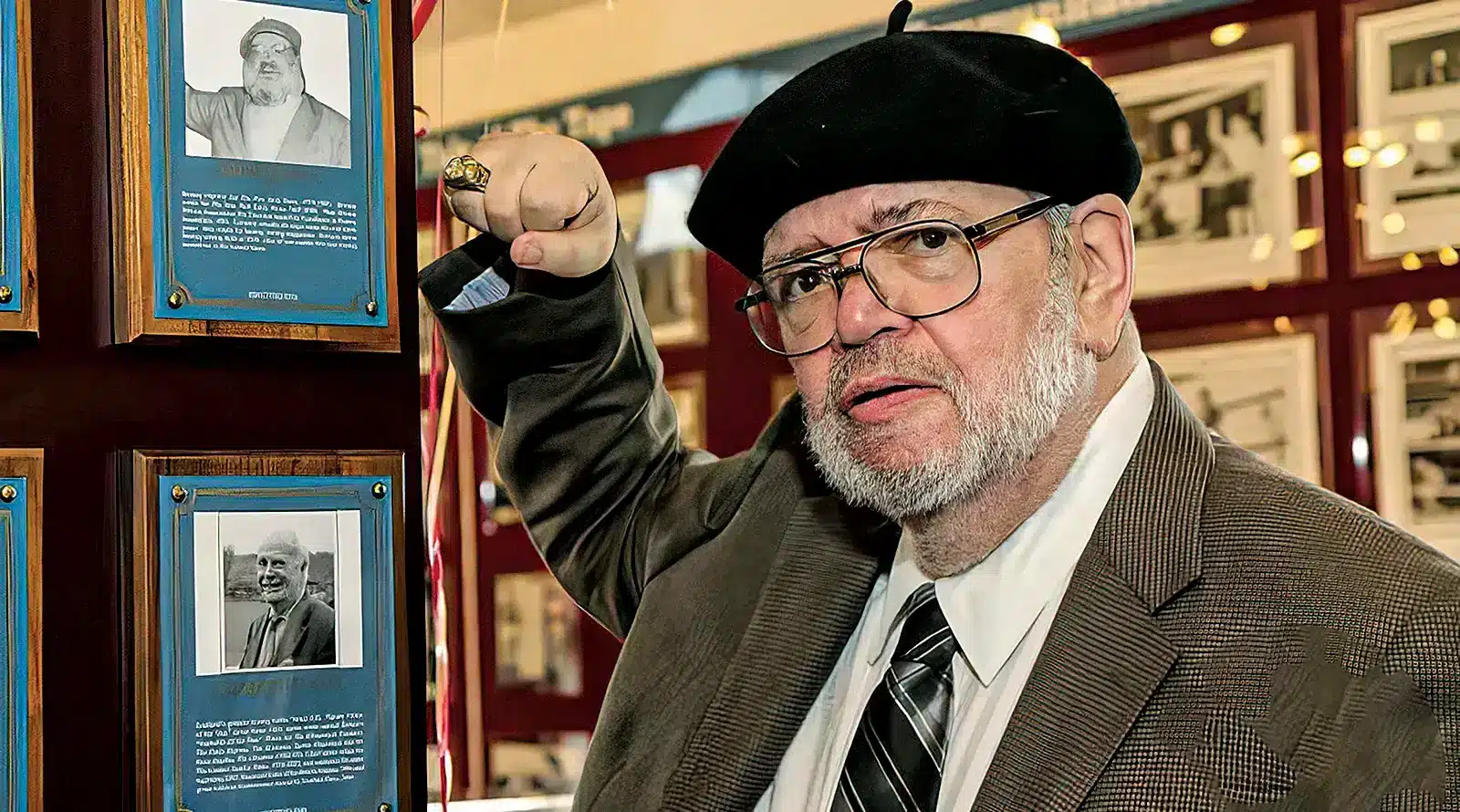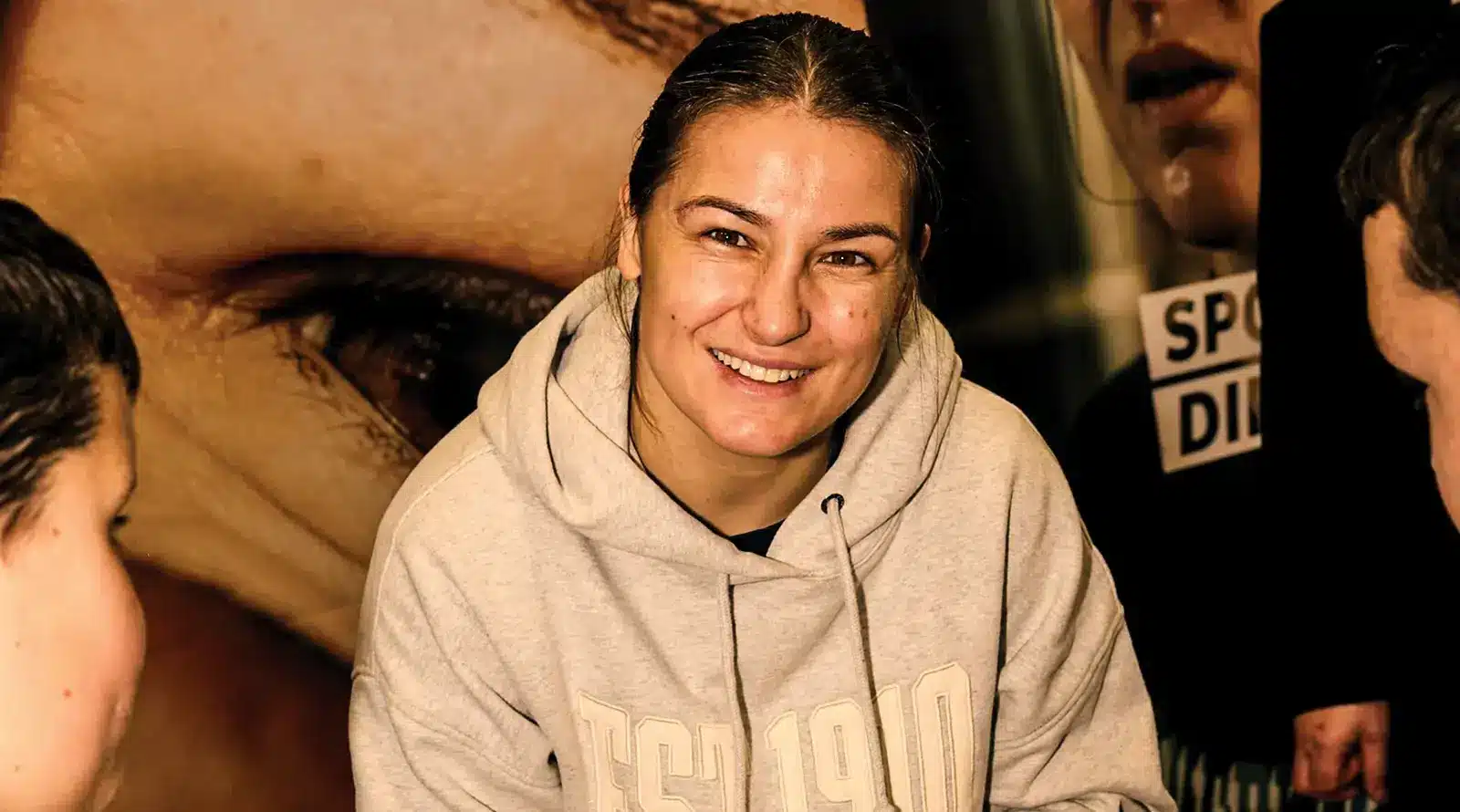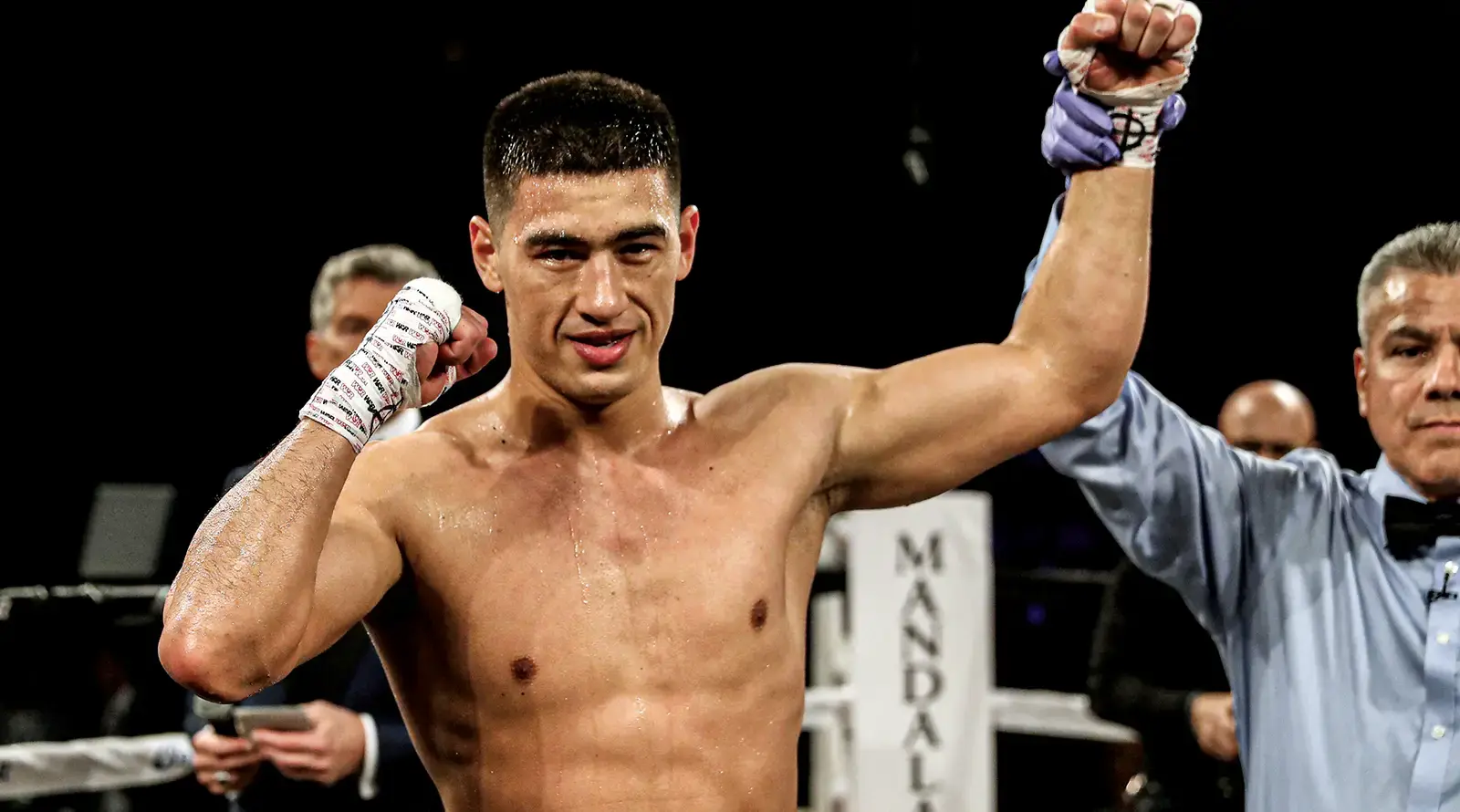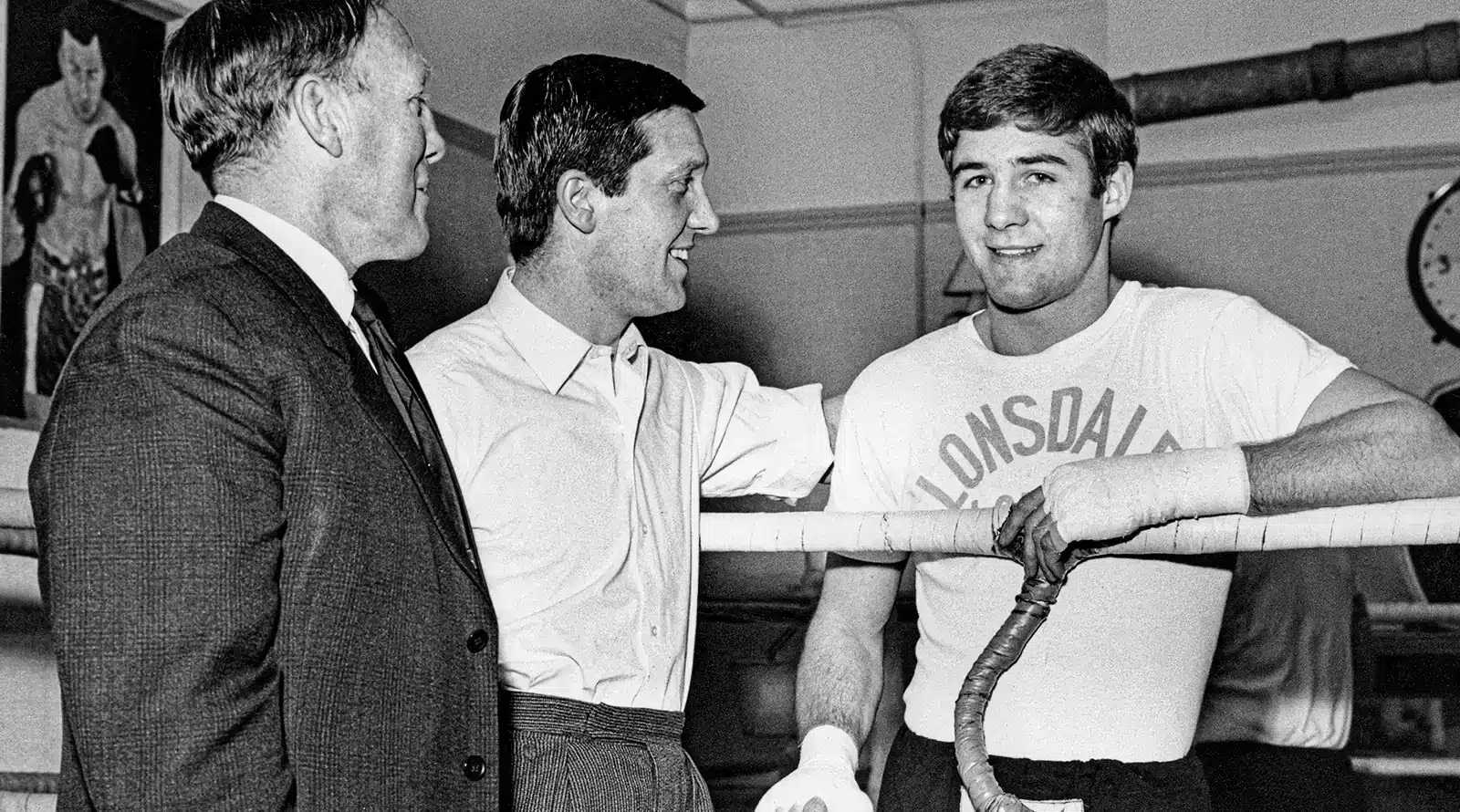IF YOU were lucky enough to have a 60-quid ticket to watch the boxing at the London Olympics in 2012, it is very likely that you watched one or more future world champion on any given day. It was a special Games.
There is nothing quite like the random sessions at the Olympic games for endlessly producing classic back-to-back fights between giants.
In London there was a total of 40 medals in the 10 male categories and so far, by my calculations, eight medal winners have won world titles and another eight have fought for world titles. The 16 men have been in a total of 75 world title fights; there were a couple of interim fights in the final calculation.
The American men failed to win a medal, but that does not tell the full story. Michael Hunter, Joseph Diaz, Jose Ramirez, Jamel Herring, Terrell Gausha, Marcus Browne, Rau’shee Warren and Dominic Breazeale have so far fought a total of 27 world title fights, and four of them became world champion. Nobody was impressed with the American team in London; it came with promise and delivered absolutely nothing during the two weeks of boxing. Trust me, nobody left the ExCel on the last day and said: “Wow, that Jose Ramirez is going to be a great pro.”
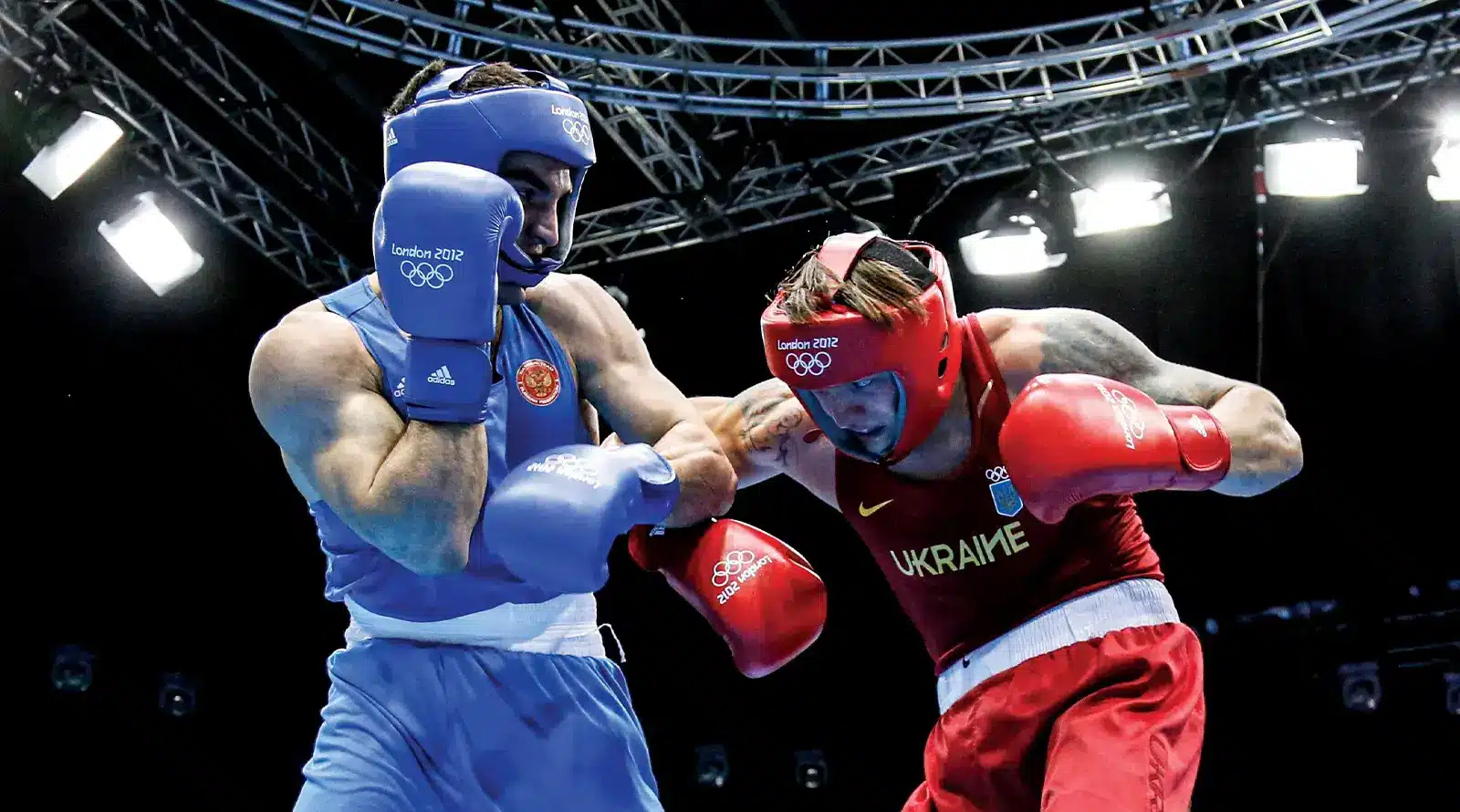
And then there is Errol Spence, who like Josh Taylor and Artur Beterbiev, lost before the medal stage; the trio of exceptional world champions have been in a total of 24 world title fights. As I said, it was a special fortnight; imagine that, just one Olympic Games and so far, the male boxers have competed in close to 130 world title fights. They are not, obviously, finished yet. There could be another 10 fights involving London medal winners and Olympians. It is an extraordinary set of numbers.
On the day that Usyk beat Beterbiev in one of the truly great lost gems of boxing, Natasha Jonas beat Queenie Underwood and John Joe Nevin beat Mexico’s Oscar Valdez. They fought in the space of 90 minutes; there might have even been better days, but that is not bad. The attention in London was on Vasily Lomachenko, but there were enough eyes on Usyk and Beterbiev; the purist pack had that fight, day and time penciled in their heads.
In Paris, last summer, there was something in the ridiculous semi-final at lightweight between Kellie Harrington and Beatriz Ferreira. It was a repeat of the final at the Tokyo Olympics and it was the main attraction; the streets surrounding the venue were green. It was an Irish day and what a fight it was. It was possibly eclipsed after her win in the final by Harrington singing Grace at ringside for several hundred tearful fans.
And, inside the same venue, the Imane Khelif row just kept rumbling with misinformation, mad assumptions, stupidity and hate. Kellie just kept winning. They are fresh images to add to the great five-ring circus movie reel in your head: the look on the face of Roy Jones Jnr when he lost the final, George Foreman waving a flag, Teofilo Stevenson knocking out men, the USA v Cuba in 1976, little Amir Khan battling for his life in Athens. It’s endless. They are all Olympic moments, the good, the bad, the forgiven, the accused, the glorious. It’s what we do.
Sitting in front of me that day in 2012 was Nino Benvenuti, the Val Barker winner in 1960, working for Italian television, behind me was an angry Marco Antonio Barrera giving it plenty down the microphone after the Valdez decision and next to me was 1988 super-heavyweight gold medal winner, Lennox Lewis. It was some day; Darren Fletcher was the Five Live commentator, and those Olympic boxing-day memories never fade. We still talk about those unforgettable days and nights.
It is the same for the boxers. John H. Stracey talks about his fight in Mexico City against the American Ronnie Harris. Stracey had turned 18 three weeks earlier, and Harris went on and won the gold medal. “There is nothing like the Olympics – all the great fighters and hard draws. It’s special,” said Stracey.
As a pro, Harris lost a world title fight in Argentina on a split after 15 rounds; I don’t need to tell you what really happened. A year or so before the world title fight, Harris beat Sugar Ray Seales and Alan Minter in back-to-back fights. Harris was matched hard; Seales won gold in Munich and Minter won a bronze at the same Olympics. Incidentally, Harris met Seales and Minter inside a 40-day window; he was the main event at Madison Square Garden and then main event at the Royal Albert Hall for Minter. The Olympic gold carries weight and it is under threat.
The boxing is still in the game, still a contender for inclusion. It’s not there yet, but it is not gone yet. Please harvest news carefully because there is a bitter battle for the future of the sport inside the Olympic movement. It will be official by the summer.
And remember, that same year, Katie Taylor and Claressa Shields won their golds; they have so far competed in a total of 31 world title fights and won belts at six different weights. That is what we are fighting for this year, and there needs to be a positive campaign to keep boxing in the Olympic movement; it remains the main gateway to professional glory, success and stability. All the negative stuff helps the wrong people.
In the end, it’s a fight on the safe side of the ropes for legacy, history and the sheer brilliance of the Olympic boxing tournament. It must keep its place on the Olympic calendar, the numbers simply can’t be denied. The memories can’t be forgotten.
